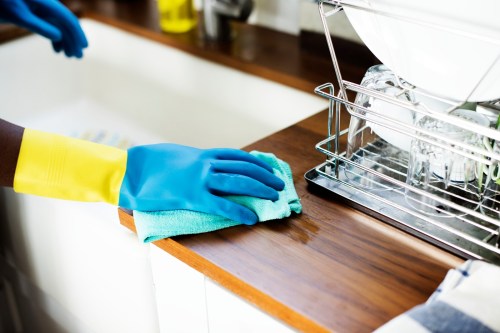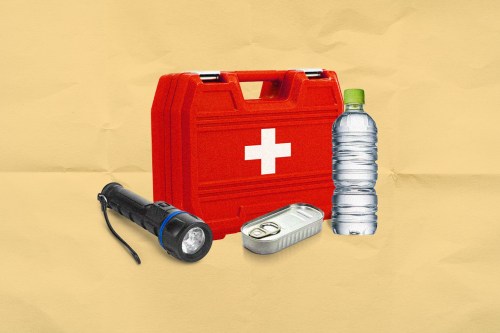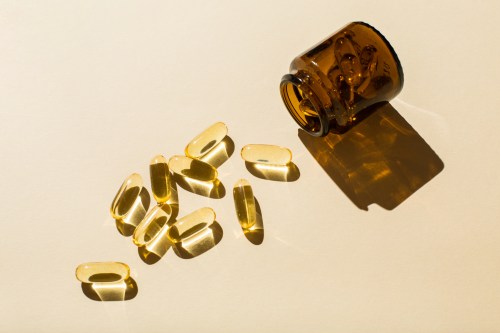Even homes with a fridge full of organic food and bathrooms stocked with covetable clean beauty products often have some toxic products hidden underneath the sink: For many, the chemicals lurking inside cleaning products just aren’t given much thought. But a new study just might change that.
Newly published in the American Journal of Respiratory and Critical Care Medicine, the study links toxic cleaning products with a greater risk for developing breathing and lung problems. Researchers at the University of Bergen in Norway tracked over 6,000 participants over the course of 20 years. Interestingly, they only saw negative effects in women—not men. (This seems like a decent argument that men should do more of the cleaning at home, am I right?)
Women who worked as cleaners suffered lung damage similar to what you’d get by smoking 20 cigarettes a day.
Women who cleaned on a regular basis as part of their job were affected the most, followed by women who clean at home, and then lastly, women who didn’t clean much at all. In fact, women who worked as cleaners suffered lung damage similar to what you’d get by smoking 20 cigarettes a day.
“The take-home message of this study is that in the long run, cleaning chemicals very likely cause rather substantial damage to your lungs,” says researcher Øistein Svanes.
So why did it affect women and not men? Hey, everyone has lungs. The study’s authors didn’t get into it, but one possibility is that many of the women who participated were cleaning at work and at home, while the men who cleaned at work (not that there were very many of them) didn’t do any additional cleaning at home. “The number of men who worked as occupational cleaners was also small, and their exposure to cleaning agents was likely different from that of women working as cleaning professionals,” the study points out, adding that socioeconomic factors shouldn’t be ignored.
Regardless of how much cleaning you do, the connection—at least for women—is strong enough to show just how bad chemical-laden products really are. Scrubbing the bathroom is unpleasant enough. Why have it affect your health, too?
Fortunately, there are great non-toxic cleaning products on the market. You can also make your own, using plants.
Sign Up for Our Daily Newsletter
Get all the latest in wellness, trends, food, fitness, beauty, and more delivered right to your inbox.
Got it, you've been added to our email list.










